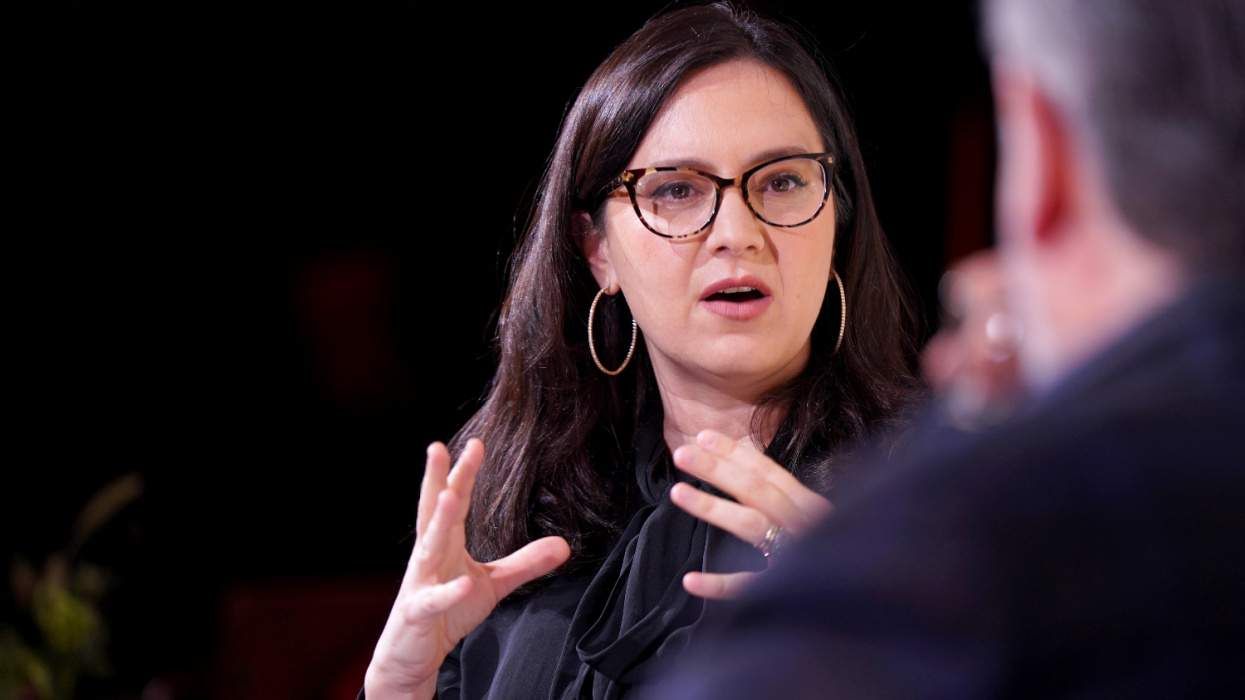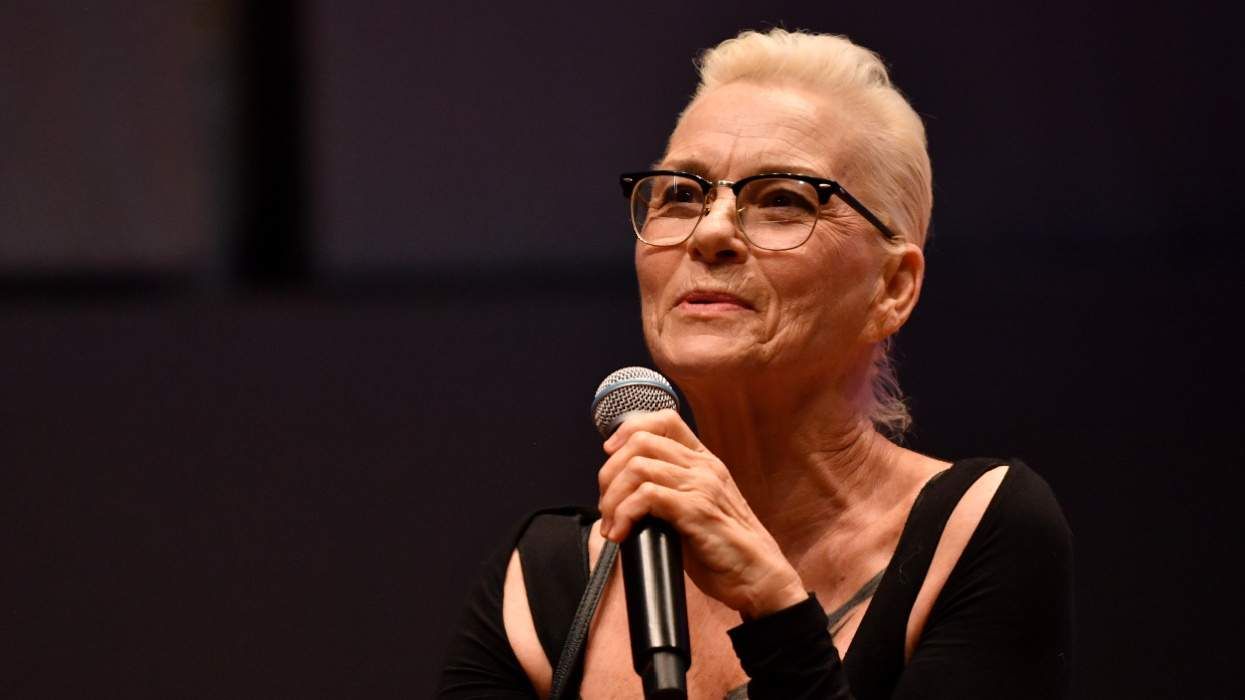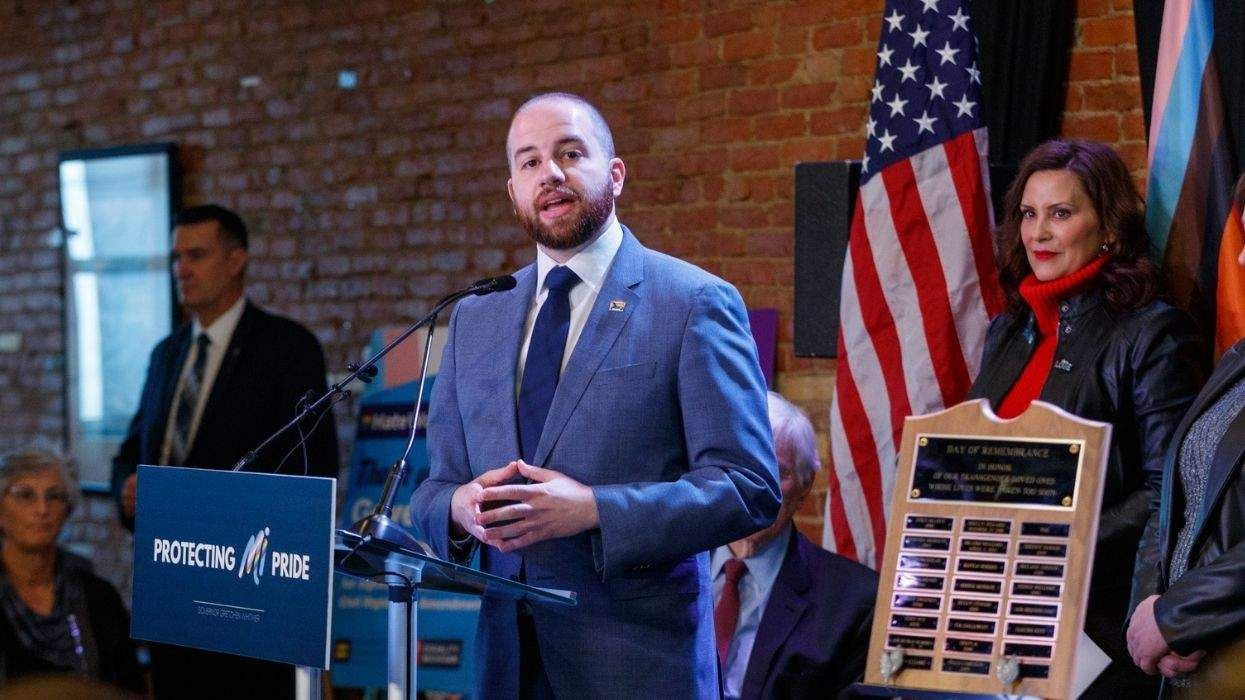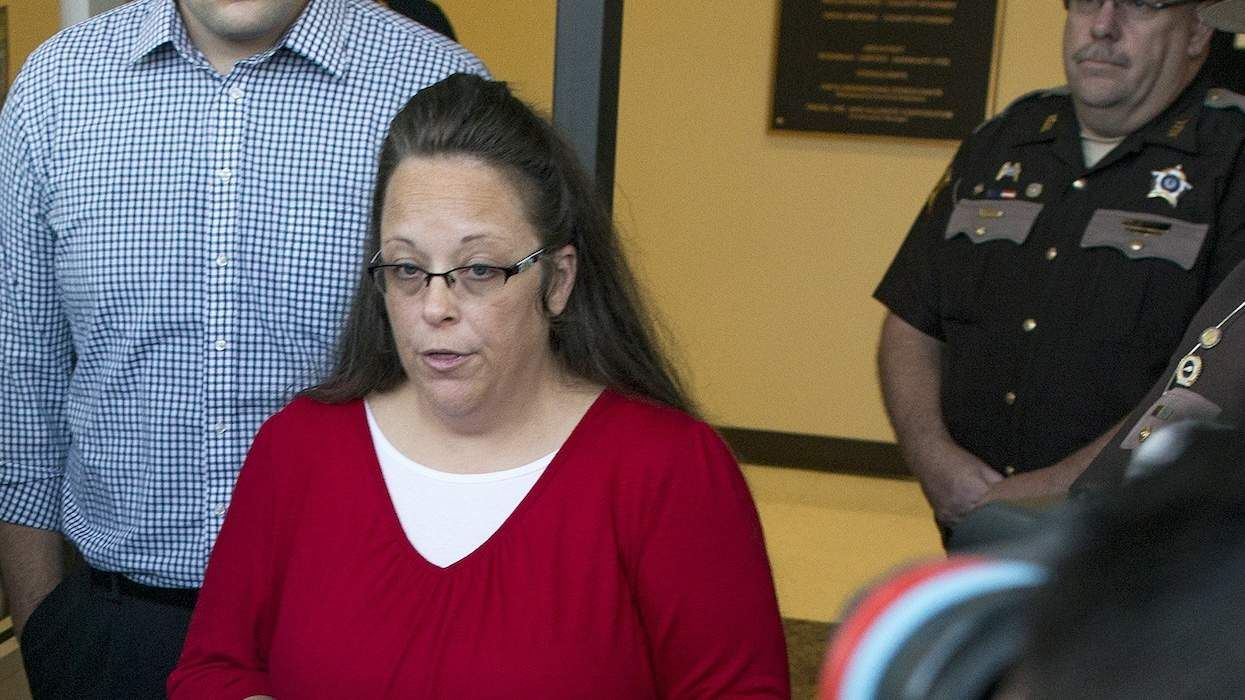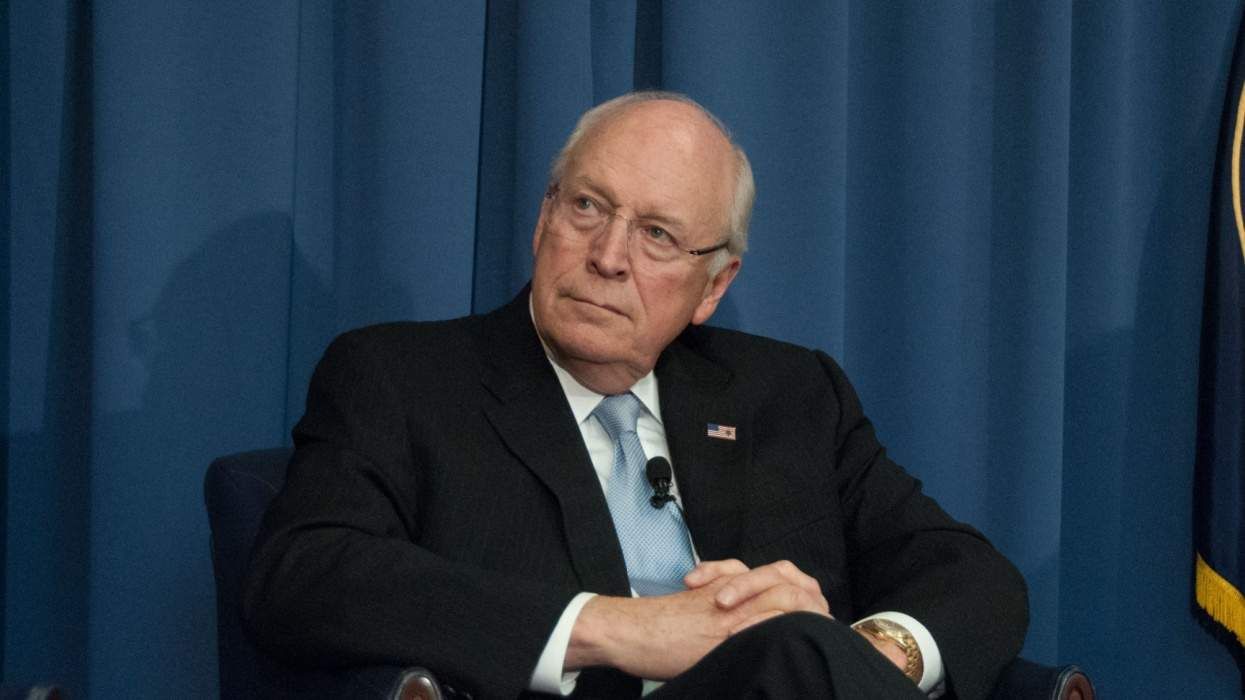Irish lawmakers who support marriage equality and had been optimistic about the country's upcoming referendum on same-sex marriage May 22 are starting to worry about the impact of the "silent no" voters, who quietly oppose equal marriage.
News of stronger than expected opposition to same-sex marriage from rural voters is pouring in to Fine Gael party headquarters from elected members of Parliament who have been visiting constituents, reports The Irish Independent.
Pat Breen, a Parliament deputy from Clare, told the Independent he was surprised by the strength of the "No" campaign, less than two weeks before Irish voters go to the polls.
"We have to be honest. There is a silent number of Fine Gael members and supporters who won't be voting for it either," Breen told the paper.
The generally progressive Fine Gael party currently holds more seats in Parliament than any other party and has invested much of its political capital in the "Yes" campaign. Ireland's prime minister, or "taoiseach," Enda Kenny, is a member of Fine Gael.
Meath West Parliament Deputy Ray Butler warned that despite recent polls showing support for same-sex marriage as high as 72 percent on the Emerald Isle, a pro-equality referendum result was "not a foregone conclusion."
Such warnings are troubling for the well-organized network of marriage equality advocacy organizations that have enjoyed a string of victories of late, prompting many to predict a win on the horizon for equality.
Those fears are exacerbated by two surprisingly strong victories won recently by conservative causes in the neighboring United Kingdom. Last week's Conservative Party landslide and last year's overwhelming no vote in a referendum on Scottish independence both happened even as polls showed a neck-and-neck race both instances.
As similar polling in the U.S. has indicated, older voters in Ireland seemed particularly inclined to vote no, Butler said.
"There are people who are not overly happy with the stance of Fine Gael," the deputy told the Independent. "There is no point saying otherwise; there is no point saying there's one-hundred percent agreement on this."
Some equality advocates have chided those campaigning for a no vote -- not least among them Ireland's Catholic bishops -- for using what they say are scare tactics about how marriage equality will affect children. Those messages about potential harm to children arising from marriage equality appear to be resonating with rural voters, despite assurances from chair of the Adoption Authority of Ireland that adoption criteria and current protections for children in Ireland will remain unchanged, regardless of the referendum's result.
"There are concerns about children," Parliament Deputy Brendan Griffin of Kerry told the newspaper. "People are afraid of a situation whereby the rights of children are drastically changed. We must learn lessons from the children's referendum. This could be quite tight, we need to be careful."




